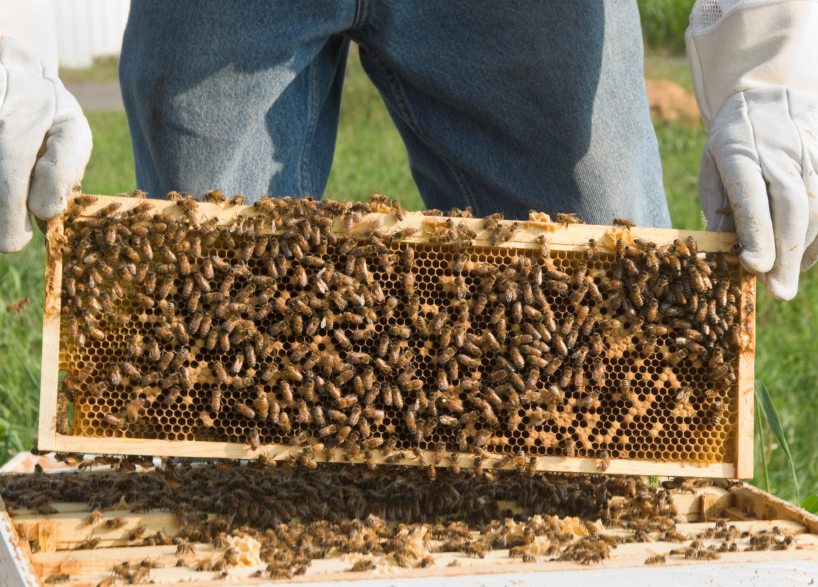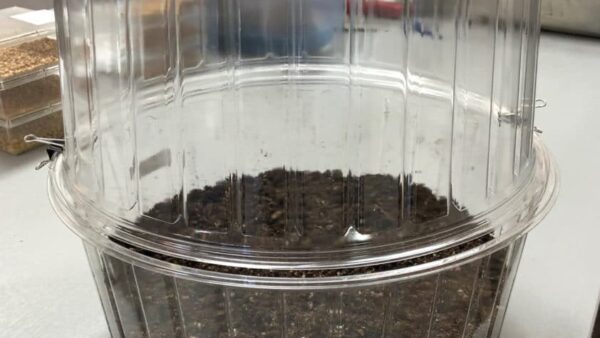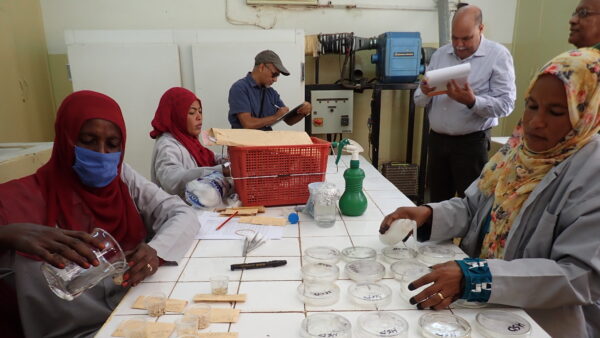Bayer issues a statement responding to the U.S. Environmental Protection Agency’s recent report, which says that the pesticide imidacloprid harms honeybees when used on cotton and citrus, but not on other crops such as corn.
“With hundreds of studies conducted and their demonstrated safe use on farmland across the country, we know more about the safe use of neonicotinoids to honey bees than any other pesticide,” Bayer’s statement says.
“Neonicotinoids have been widely adopted by growers because of their favorable human and environmental safety profile, especially when compared to the older products they replaced. Neonics are critically important to today’s integrated pest management programs, allowing farmers to manage destructive pests, preserve beneficial insects and protect against insect resistance.
“With hundreds of studies conducted and their demonstrated safe use on farmland across the country, we know more about the safe use of neonics to honey bees than any other pesticide. New studies continue to confirm their safety to bees and other pollinators when used appropriately.
“We will review the EPA document, but at first glance it appears to overestimate the potential for harmful exposures in certain crops, such as citrus and cotton, while ignoring the important benefits these products provide and management practices to protect bees. We hope the final risk assessment is based on the best available science, as well as a proper understanding of modern pest management practices.
The EPA report can be found here: http://yosemite.epa.gov/opa/admpress.nsf/0/63E7FB0E47B1AA3685257F320050A7E3












